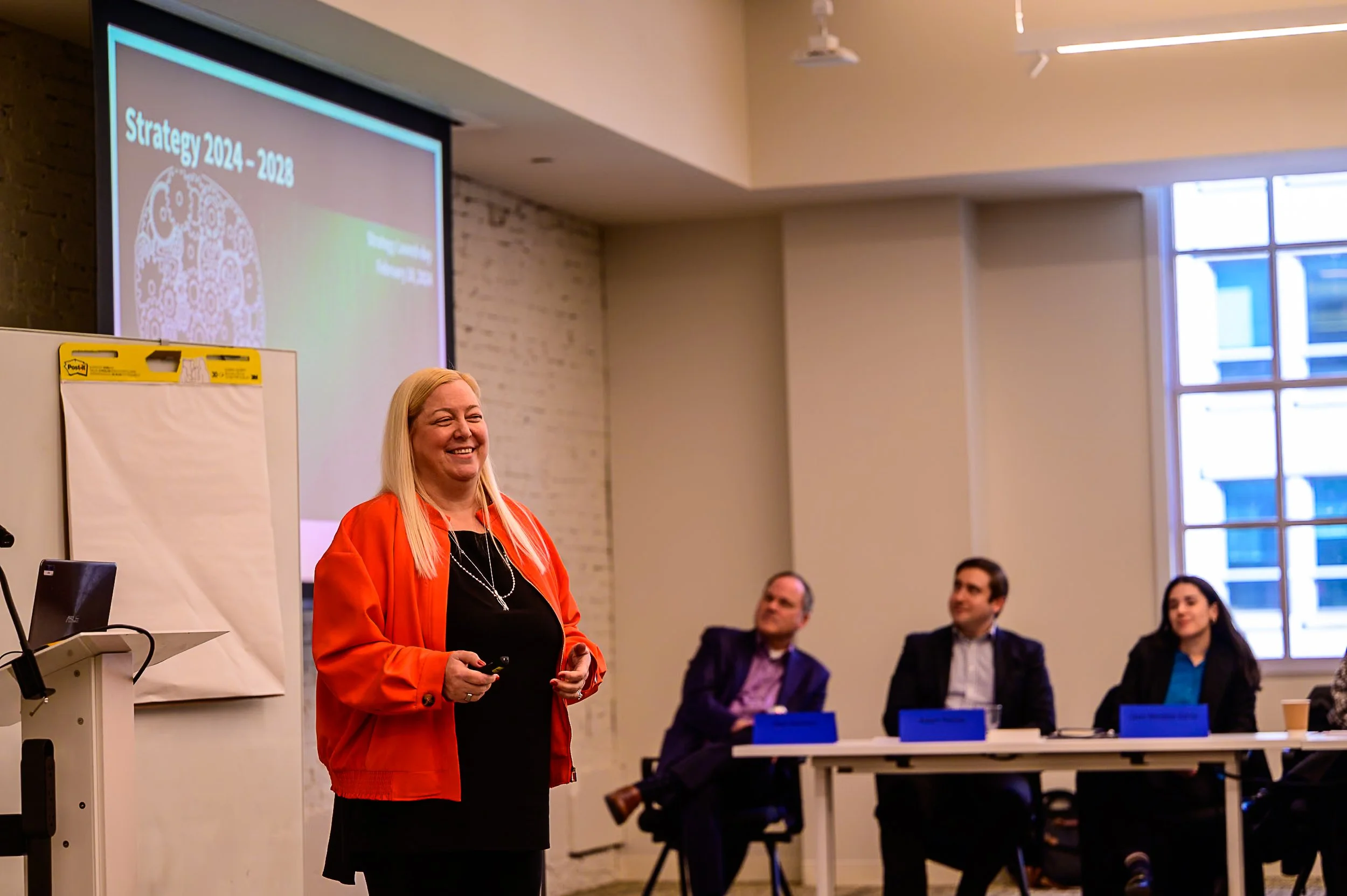
Using Behavioral Science to Improve Mission Outcomes
Although behavioral science has been studied and applied within academia for decades, recently the concept has emerged everywhere – from Silicon Valley tech giants such as Google and Uber, to various Government agencies including the Department of Education, the Department of Defense, and the Department of Agriculture.
But defining and applying such a broad and sometimes-nebulous discipline can prove difficult. What exactly is behavioral science? How can the Government use the concepts and lessons learned effectively?
Behavioral Science aims to influence human behavior by recognizing how people make and act on decisions in context, and then applying levers to change those behaviors to change outcomes. Government agencies can apply these insights to improve mission outcomes, maximize efficiencies, and inform policy decision-making.
Early experiments in applying behavioral science to Government policy have already proved fruitful. Throughout 2015 and 2016, the White House Office of Science and Technology Policy - Social and Behavioral Science Team (SBST)worked to incorporate “nudges” across various Government agencies. In one experiment, they found that simply shortening a web address on a debt collection letter sent from the Department of the Treasury increased the use of an online payment platform by 45%. If we take the underlying premise of these insights a step further, it becomes apparent that these concepts could be applied not only to small initiatives but also to effect change in large populations, including within agencies themselves.
Since behavioral science can be applied anywhere human decision-making occurs, agencies whose missions depend largely on stakeholder engagement for success, including many homeland security and law enforcement agencies, are prime candidates for introducing behavioral science insights. For example, stakeholder engagement is a crucial part of FEMA’s efforts to encourage community and personal responsibility in disaster preparedness. Introducing small changes to increase participation of the public in mitigating against and preparing for disasters and improve public participation can have significant results in this context by saving lives and saving the Government money when the next disaster hits.
Behavioral science matters not only for large stakeholder populations interacting with agencies, but also for internal processes and priorities, including employee morale and productivity. As Government agencies are left with smaller budgets to take on more responsibilities, applying behavioral science is a low-cost method to produce measurable and impactful results.
About Arc Aspicio
Arc Aspicio is a management, strategy, and technology consulting firm that takes a mission-oriented approach to complex client challenges. As a rapidly growing company, Arc Aspicio has a bold strategy for 2016-2018 that drives growth through new capabilities in strategy, design, human capital, data analytics, information sharing, cybersecurity, and strategic communications. The company is known for a strong, collaborative culture that values gratitude – for its clients and its great team. And, #welovedogs! Follow us on Twitter @arcaspicio or learn more at www.arcaspicio.com.





















